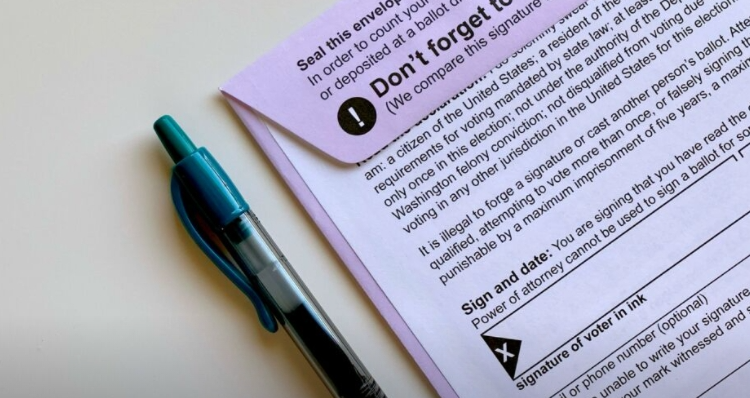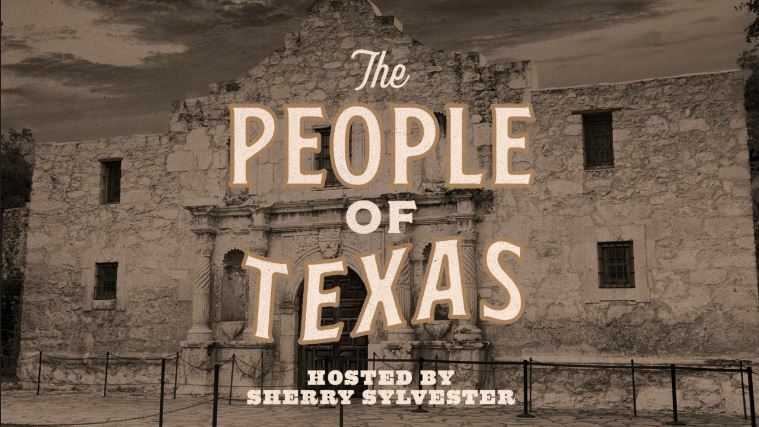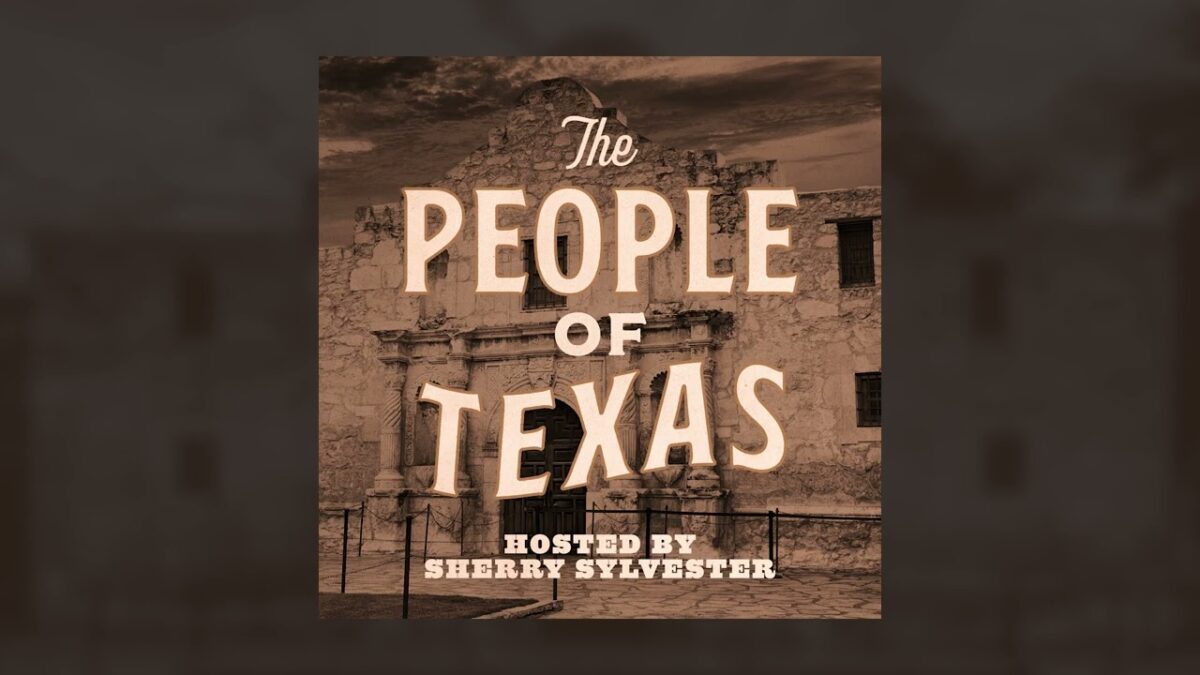Despite constant efforts by the Texas media and their collaborators in the progressive left, to divide us by race and ethnicity, a new statewide survey of Hispanic Texans conducted for the Texas Public Policy Foundation finds that 84% say they are proud of being Texans and almost 60% say they have the same access to the American dream as Anglo Texans.
Focus groups conducted last fall found that Hispanics, like most Texans, say they are proud to live in a state that does things right—where the cost of living is low, there are jobs and business opportunities, and the economy is strong.
Progressives and the media have also lost Texas Hispanics in the war against history. Fully 72% of Texas Hispanics view the story of Texas history as their story, including the Texas Revolution, the Alamo, along with the image of the Lone Star State as a beacon of liberty and freedom. While all recognize that Texas has very dark chapters in our history, Texas Hispanics don’t buy the narrative put out in a book last year by a Democrat operative and a couple of reporters that Texas history is a lie.
When South Texas trended largely toward Donald Trump in the 2020 election, flipping a half-dozen counties from blue to red, Texas political watchers finally recognized that Texas Hispanics cannot reliably be counted on as part of the left-leaning progressive base. As my colleague Rafa Bajar recently pointed out, the TPPF survey clearly shows that whether they live in the Rio Grande Valley or elsewhere in the Lone Star State, Hispanics in Texas say they are mostly conservative or moderate on most issues.
This trend has been showing up in Hispanic voting trends in Texas for at least a decade. In 2014, South Texas Hispanics soundly rejected then-Sen. Wendy Davis in the Democrat gubernatorial primary. Davis,’ only claim to fame is a pro-abortion filibuster against a bill that passed a few weeks later. She has just had a movie released about the failed filibuster, but South Texas Hispanics gave her a thumbs down from the beginning. Reynoldo Madrigal, an unknown who was running against Davis for the Democratic gubernatorial nomination, beat Davis in 20 South Texas counties even though she had spent millions and he spent nothing.
According to a University of Texas/Texas Tribune Poll, Davis’ favorability rating among Hispanics was only 19% back then and in June of 2014, Hispanics picked Gov. Greg Abbott over Davis as the better leader on taxes by 10 points.
Granted, 40% of Hispanics voted for Davis that year, but compare that with the almost 80% of African Americans who voted for her and you can see the huge Hispanic gap in the Texas liberal base. Abbott trounced Davis by 20 points in 2014.
Last month, the same poll found that only 21% of Texas Hispanics had a very favorable view of the current Democrat candidate, Beto O’Rourke, the same amount as view him unfavorably. Only 42% say they plan to vote for O’Rourke in November, but again, compare that to the 62% of African American Texans who say they will vote for him.
In 2017, two-thirds of Texas Hispanics told UT pollsters that they do not believe there is a right to an abortion in the U.S. Constitution—a statement that is heresy for liberals and progressives.
Another heretical statement for the left is the views of Hispanic Texans when it comes to school choice. TPPF’s survey did not phrase this hot-button question ambiguously. They asked: Do you support or oppose the concept of school choice if it gives parents the right to use the tax dollars designated for their child’s education to send their child to whatever school, public, charter or private school that best serves their needs? The results: 78% said yes and only 16% said no.
School choice is anathema among even moderate Democrats, but Hispanic Texans put the well-being, success, and happiness of their children above the woke and anti-parent agenda of the teacher’s unions.
Support for their children is also clear in the findings of a study released last fall, which found that 64% of Texas Hispanics support banning boys from girls’ sports, rejecting another Democrat platform plank.
Hispanic Texans have also rejected the woke agenda being pushed by the left including the anti-family effort that drives the push for Critical Race Theory in public school curriculums along with the so-called gender identity movement. These attacks on parents’ rights and traditional family values are both planks in the radical left-wing platform.
In the run-up to November 2022, liberal activists are scrambling to figure out why Texas Hispanics are not reliable Democrat voters in the same way that African Americans are. One answer maybe have emerged last week as part of Gallup’s annual World Happiness Poll. Gallup pollsters found that a key factor for those who report happiness is a strong family and multigenerational environment. According to them, that’s why most Latin American countries are among the top 50 happiest countries, despite poverty in the Central and South America regions.
Strong multigenerational families are also part of the Texas Hispanic culture. Liberal progressives will not be successful in reversing Hispanic voting trends in Texas as long as they push anti-family initiatives and anti-Texas rhetoric.
One final note to progressives and the Texas media—97% of Texas Hispanics reject the silly woke term, “Latinx”—so you might want to stop using it.






